Perhaps the first thing on everyone’s minds was just how low Ishiba Shigeru, Japan’s prime minister (who prefers warships to golf clubs) could go on a round at the Trump International Golf Club. After all, following Trump’s victory last November, Ishiba’s South Korean counterpart, Yoon Suk-yeol, was seen sharpening up his golf swing in preparation for eighteen holes. But what Ishiba’s speedy one-day sojourn to Washington on Friday makes clear is that no matter how transactional leaders may be, in international relations, alliances matter — particularly during a time of “polycrisis.”
Relations between Tokyo and Washington have not always been hurdle-free. But this bilateral alliance, enshrined in a security treaty signed by the two countries in 1951, is one which, as both Japanese and American leaders made clear during their meeting, has formed “the cornerstone of peace, security and prosperity in the Indo-Pacific and beyond.” Its history dates to the sudden end of World War Two, after which Japan swiftly went from being one of the West’s staunchest adversaries to its most ironclad of allies.
Japan’s constitution, drafted by the General Douglas MacArthur, Supreme Commander of the Allied Forces, quickly gained infamy for Article 9, which underscores how the “Japanese people forever renounce war as a sovereign right of the nation” and cannot possess offensive weapons. Debates about whether Japan will ever acquire nuclear weapons of its own have rumbled on with time. But it is no understatement to say that during the Cold War, the land of the rising sun quickly became an economic powerhouse, in no small part owing to its rapid export-orientated industrialization and its alliance with the land of the free.
Fast forward to the present day, as the world looks to enter a second Cold War, and it is hardly a coincidence that Ishiba was the second world leader to visit Trump, after Israeli prime minister Benjamin Netanyahu. The two leaders declared a “new golden age” of bilateral relations, at a time when the US trade deficit with Japan amounts to $68 million. Still, for a transactionally-minded president, it was no surprise that Trump refused to rule out the possible imposition of his trademark tariffs against Tokyo. Yet, economic security is only one of the many concerns that both leaders have.
Ishiba stressed that he did not come to “suck up” to his US counterpart, whom he deemed to be “very sincere.” The fact that the two statesmen recognized the need to engage in “continuous cooperation” amidst an increasingly complex regional and global security environment only highlights the reality of the challenges that lie ahead for them.
One such challenge is North Korea. The hermit kingdom has shown no intention of abandoning its “treasured sword” of nuclear weapons, irrespective of whether its leader Kim Jong-un meets the “dotard” (as he infamously called Trump in 2017) again. Ishiba and Trump “reaffirmed their resolute commitment to [North Korea’s] complete denuclearization.”
The fact that hours after the two leaders met, North Korean state media declared that its nuclear weapons were not a “bargaining chip” is a likely omen of how Pyongyang will approach these two new leaders. North Korea is a clear concern for Japan, particularly given how its missiles frequently land in waters within — or just outside of — Japan’s exclusive economic zone. What is more, with the North Korean regime rebuffing calls for dialogue made by the previous administration of Fumio Kishida, Ishiba will likely continue to seek a resolution to the ongoing “abduction issue” — a reference to the North Korean abduction of Japanese citizens in the 1970s and 1980s, which has long plagued relations between Tokyo and Pyongyang.
Another challenge, of course, is the growing economic and political coercion of China. Unlike during the first Cold War, there is now great economic interdependence between the West and Beijing. China remains Japan and South Korea’s top trading partner and will now be even more eager to play the economic card to see cleavages form within Washington’s bilateral alliances with Tokyo and Seoul. Following Trump’s recent decision to impose a 10 percent tariff on Chinese imports, Beijing retaliated by implementing tariffs of its own on crude oil, liquefied natural gas products and agricultural machinery imported from the US.
As Japan strives to bolster its bilateral relationship with the United States and sustain momentum in improving its historically frosty relationship with South Korea, domestic politics should not become a hindrance to these foreign policy goals. This, however, is easier said than done. It is not just the presidency of Yoon Suk-yeol in South Korea which continues to be mired in controversy. In Tokyo, for the first time since 2009, the ruling Liberal Democratic Party has fallen short of a majority. Ishiba — who called a snap general election only one month after he took office in October 2024 — now commands a minority coalition government. Yet, the fact he has surrounded himself with experienced officials who have served in the ministry of defense — and has himself previously served as the country’s defense minister — may highlight his commitment towards strengthening Japan’s security cooperation.
At a time of heightened threats in East Asia, Washington, Tokyo, and Seoul must work together and consult their partners abroad. For instance, in 2022, the United Kingdom joined Italy and Japan in announcing the Global Combat Air Program, which seeks to develop a sixth-generation fighter jet. Instead of opening talks on slavery reparations, as seems to be the priority of leaders like Britain’s foreign secretary David Lammy, they must not lose sight of the real and important global security challenges. If doing so involves a round of golf with the leader of the global hegemon, then so be it. It may even lead to some productive exchanges at the nineteenth hole, even if, in true Trumpian logic, the president will not be the one buying the first round of soft drinks.



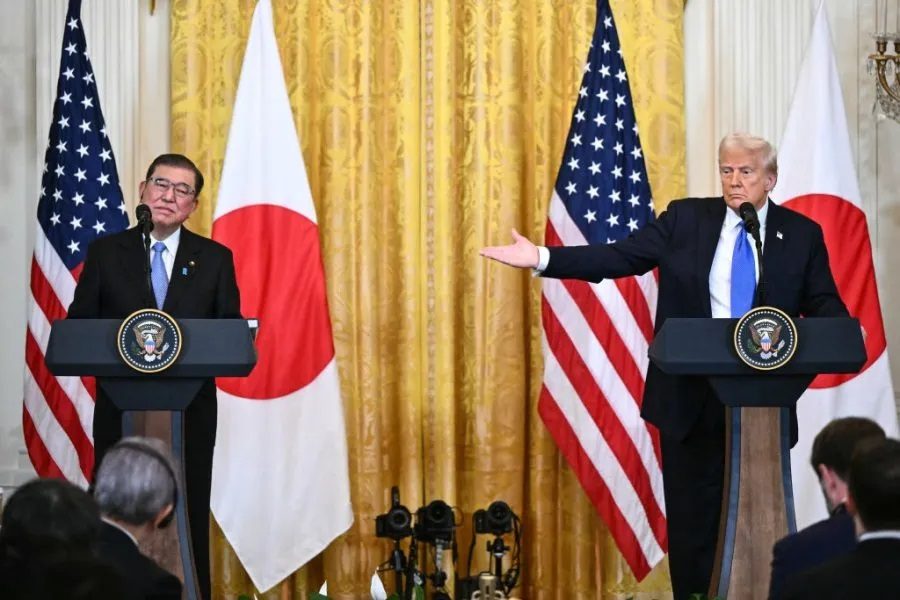






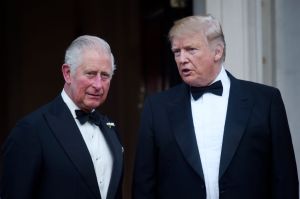
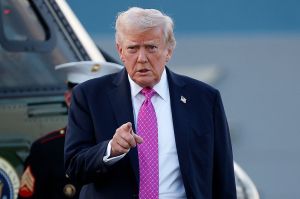

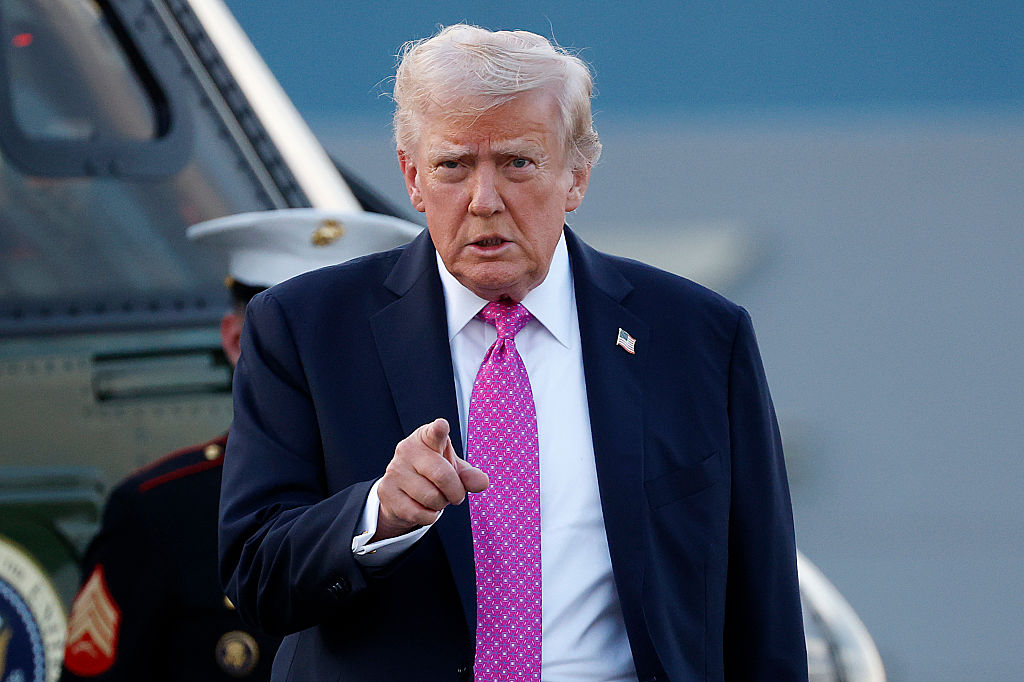

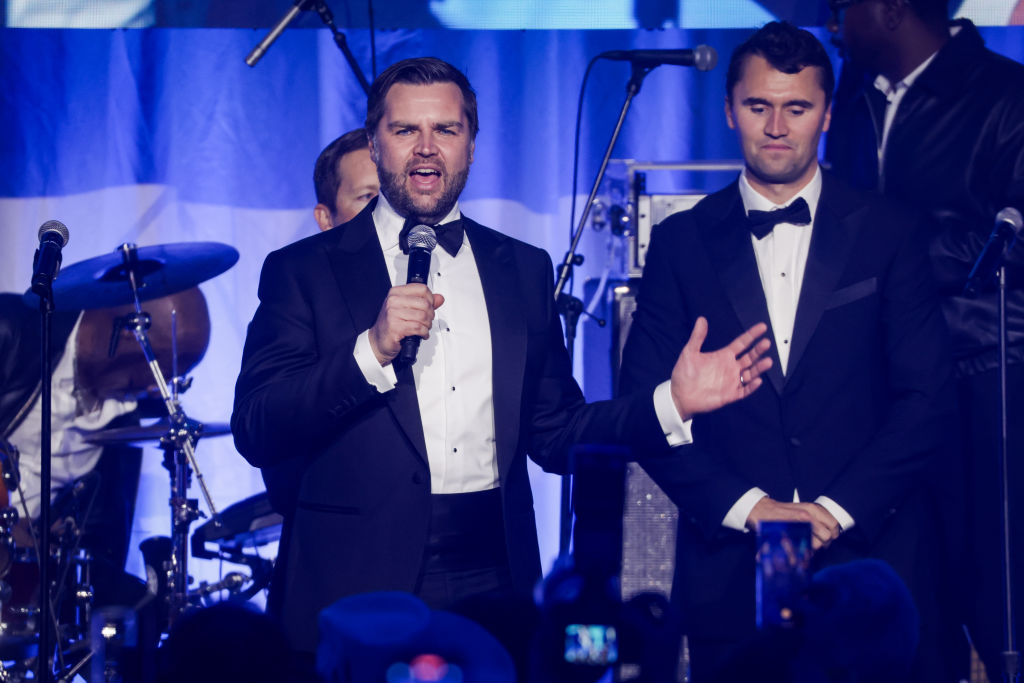
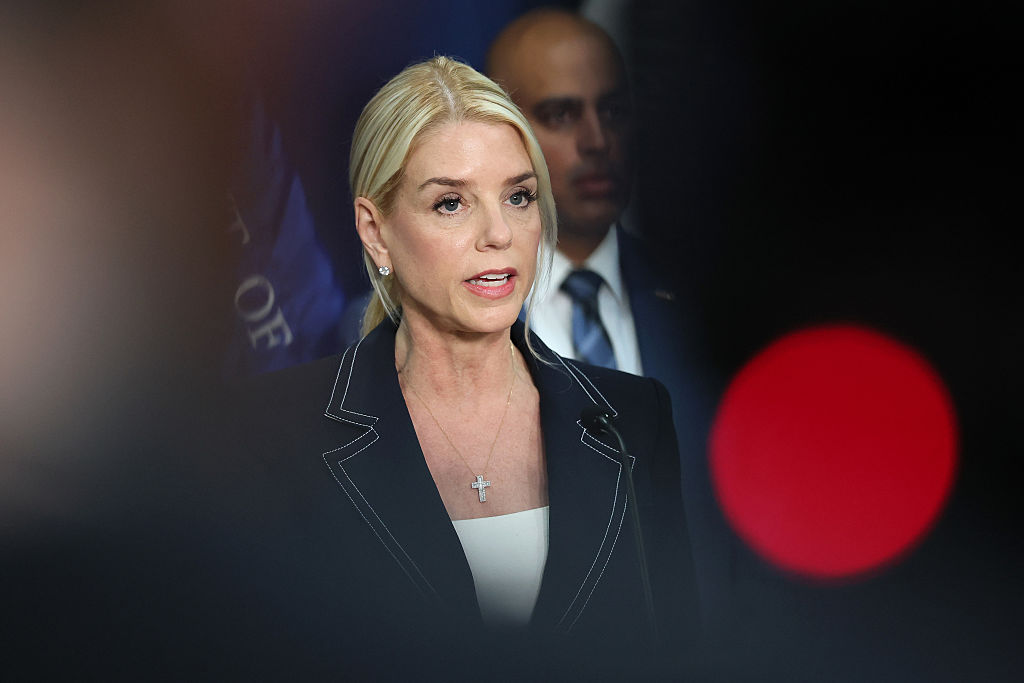
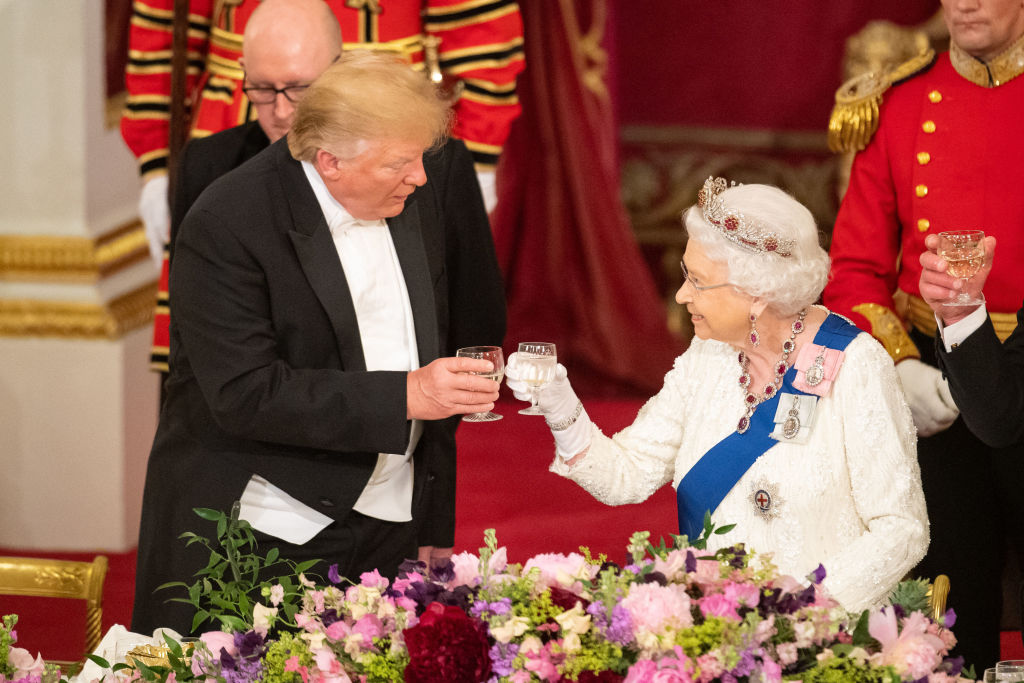
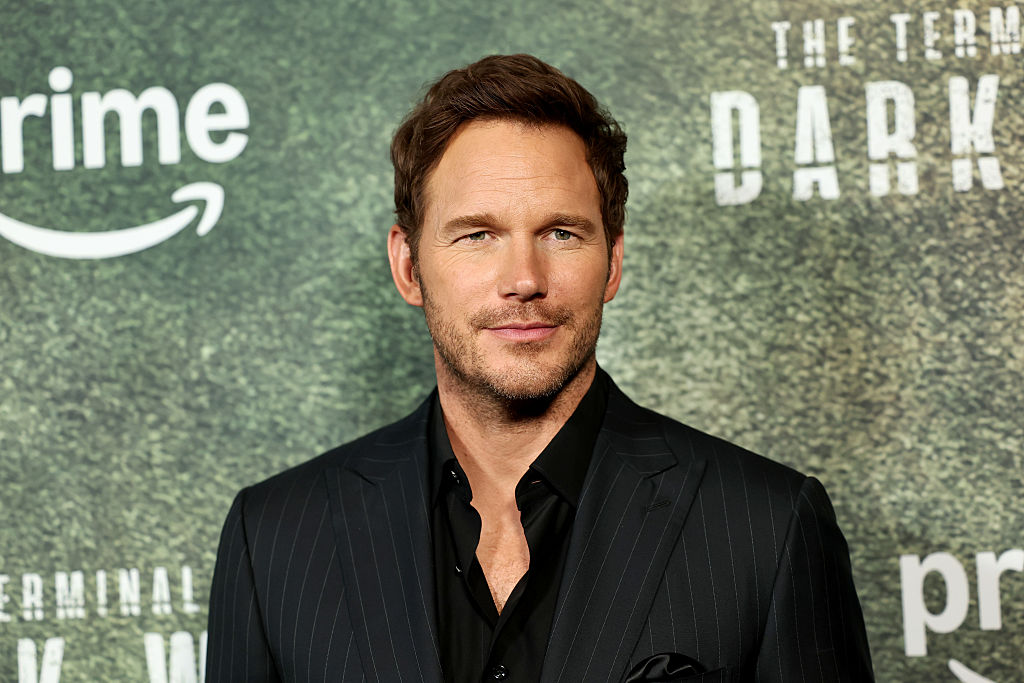







Leave a Reply